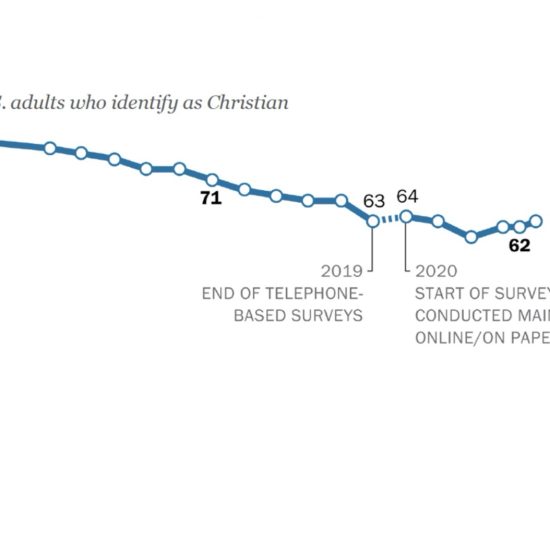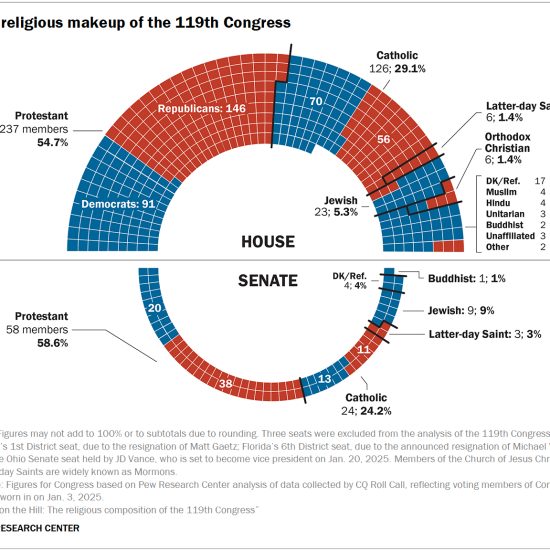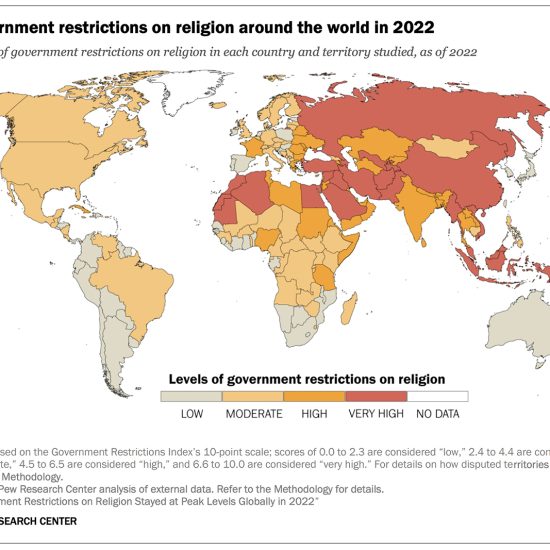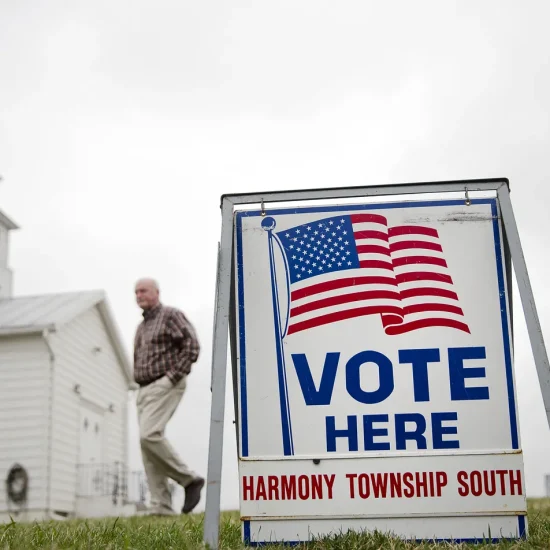A new religious typology highlighting “beliefs and behaviors that cut across many denominations” was set forth in an Aug. 29 report from the Pew Research Center.
“The new typology sorts Americans into seven groups based on the religious and spiritual beliefs they share, how actively they practice their faith, the value they place on their religion, and the other sources of meaning and fulfillment in their lives,” the report stated. “Pew Research Center’s religious typology is not meant to replace conventional religious affiliations, but rather to offer a new and complementary lens with which to glean new insights into religion and public life in the U.S.”
 A new typology from Pew Research Center that cuts across religious lines sorts Americans into seven groups based on the religious and spiritual beliefs they share. (Pixabay)Three overall categories – “Highly Religious,” “Somewhat Religious” and “Non-religious” – were divided into seven subcategories.
A new typology from Pew Research Center that cuts across religious lines sorts Americans into seven groups based on the religious and spiritual beliefs they share. (Pixabay)Three overall categories – “Highly Religious,” “Somewhat Religious” and “Non-religious” – were divided into seven subcategories.
“Sunday Stalwarts,” “God-and-Country Believers” and “Diversely Devout” are part of the highly religious designation, in descending order of religious commitment.
“Relaxed Religious” and “Spiritually Awake” are sub-categories within the somewhat religious category, with “Religion Resisters” and “Solidly Secular” comprising the nonreligious segment of the typology.
The categories cut across religious lines, seeking to reflect how people perceive and practice their faith in the U.S. beyond the traditional labels corresponding to faith traditions and sects / denominations within traditions.
“The names of the typology groups try to convey distinguishing characteristics in just a few words,” Pew explained. “Of course, no name this brief can perfectly describe a group, and some license was taken in choosing them.”
Overall, 39 percent of U.S. adults classified as highly religious, with 17 percent being Sunday stalwarts, 12 percent God-and-country believers and 11 percent diversely devout.
Christians comprised strong majorities in all three highly religious groupings: 93 percent of Sunday stalwarts, 88 percent of God-and-country believers and 69 percent of diversely devout.
Evangelical Protestants were the leading Christian grouping within Sunday stalwarts (46 percent) and God-and-country believers (41 percent), while Catholics (29 percent) were the leading tradition among the diversely devout.
Sunday stalwarts are the only religious grouping to have a majority that attend religious services weekly and that read their tradition’s sacred texts each week.
Among the 32 percent of somewhat religious adults, 17 percent are relaxed religious and 15 percent spiritually awake.
These groupings were among the more diverse, though Christians still represented a significant majority in both (78 percent and 62 percent, respectively).
Evangelicals and Catholics each made up 25 percent of the relaxed religious, with religiously unaffiliated persons representing 17 percent.
Among the spiritually awake, the unaffiliated comprised 30 percent, followed by Catholics (23 percent) and evangelicals (16 percent).
The 29 percent of nonreligious U.S. adults were comprised of 12 percent religion resisters and 17 percent solidly secular.
Religiously unaffiliated respondents made up a strong majority in both nonreligious sub-categories: 71 percent (religion resisters) and 76 percent (solidly secular).
The full report is available here.
This article originally appeared at EthicsDaily.com.






